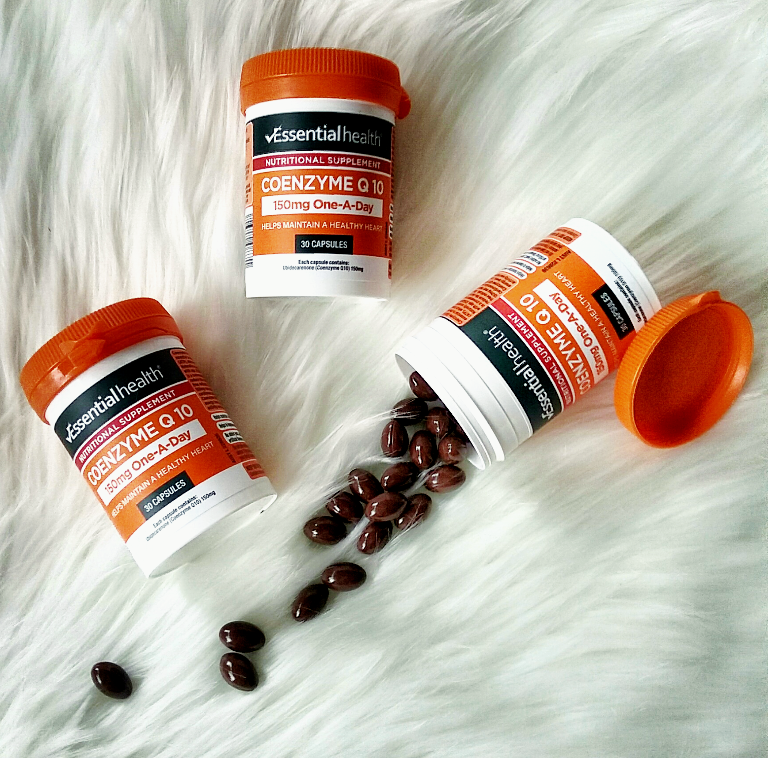We often think about the golden rules of eating well and moving more when we talk about healthy living. There’s no doubt that being active and enjoying a healthy, balanced diet is beneficial for everyone, but it’s often helpful to delve deeper into health goals to achieve the best outcomes.
In this guide for women, we’ll offer tips to help you create tailored plans to supercharge your health and well-being.
Activity Targets
Health experts recommend 150 minutes of moderate exercise per week, but this guideline may not be appropriate for every woman. If you’re carrying an injury or recovering from illness, you’ve recently given birth, or you’re used to high-level training and frequent exercise, it’s hugely beneficial to set your own targets.
If your body is healing, you’re new to exercise, or you work out every day, adjust your goals in line with key objectives. Are you simply trying to move a little bit more every day and build your fitness gradually? Are you keen to do more exercise to help your mental health? Are you looking to optimise your sporting performance to reach an elite level? Every woman is different and it’s important to recognise that a universal approach doesn’t suit everyone.
Another critical factor to consider when discussing exercise and women’s health is the role of hormonal changes. Research suggests that hormones play an integral role in influencing our energy levels and moods. When hormone levels are lower at the start of the cycle, for example, many women feel more energised and this helps them to train harder.
In the second part of the cycle, you may feel more tired, irritable and lethargic, which means that you want to take more rest days or try gentler, less intensive activities. Tailor your training to suit your cycle and mood to get the best out of your exercise sessions.

Diet and Supplements
A healthy, balanced diet offers incredible benefits, but a healthy diet for one person can look very different from that of another. When designing menus and working out what to eat, it’s crucial to consider factors like your health status and your individual circumstances.
If you have underlying health issues or a chronic condition, which means that you have vitamin or mineral deficiencies or you can’t eat a lot of foods that have high fibre content, for example, some healthy eating plans may not be suitable for you. Talk to your doctor or seek advice from a nutritionist or dietitian before making changes to your weekly menu.
Supplements, herbal teas and natural remedies have become increasingly popular. If you are thinking about taking vitamins or buying products to boost your health, it’s always a good idea to seek advice from health professionals and to focus on products that are relevant to you.
Pregnant women, for example, are encouraged to take certain supplements, including folic acid, while women who are breastfeeding may be interested in lactation tea. If you have a history of osteoporosis, you might be thinking about taking calcium and vitamin D supplements. Make sure that you have the information you need to make a decision and check with your doctor or healthcare team before you add supplements to your diet.

Improving Mental Health
We all have mental health and we can all take steps to try to enhance our mental and physical health. We tend to think about depression, anxiety and stress when the subject of mental health comes up, but you can work on your well-being without having symptoms of a disorder.
When looking for ways to boost and nourish your mental health, think about what makes you happy and content and identify triggers or behaviours that have the opposite effect. Try to dedicate more time and effort to activities, interests or relationships that make you feel good and avoid situations or relationships that make you feel upset, down, angry, frustrated, anxious or stressed.
Focus on personal objectives and manage your time in a way that allows you to spend more time with people who pick you up and support you and enjoy your passions and interests.

Most of us know that embracing a healthy lifestyle is good for our bodies and minds. Golden rules to better health can be beneficial to a point, but everyone is unique.
It is often more productive to be more granular when discussing health goals and setting targets to achieve the best possible results. Tailor your goals to suit your health status, your main objectives and your circumstances and life stage.
If you know what you need and want to do to achieve better personal physical and mental health, this is an excellent starting point.







